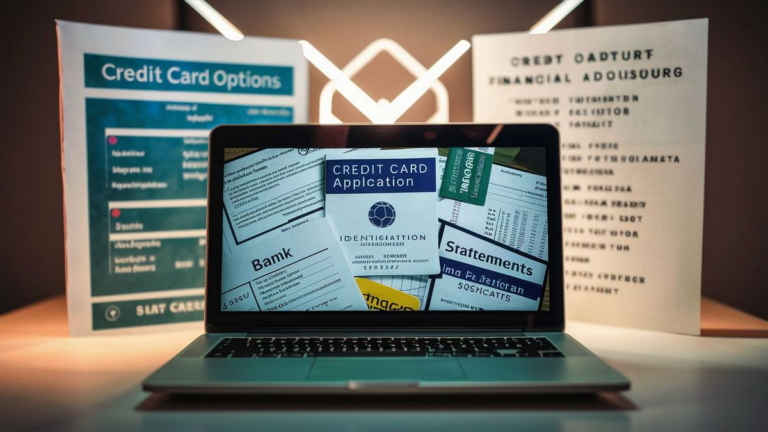Are you looking to get a credit card but don’t have a credit score yet? Don’t worry; you’re not alone. Many individuals find themselves in this situation, especially young adults who are just starting their financial journey or immigrants who have recently arrived in a new country. While having no credit history may seem like a barrier to obtaining a credit card, there are several strategies you can employ to secure one successfully.
Understanding the Importance of Credit Scores
Before diving into how to get a credit card without a credit score, let’s briefly discuss why credit scores matter. Your credit score is a numerical representation of your creditworthiness, based on factors such as your payment history, credit utilization, length of credit history, types of credit accounts, and new credit inquiries. Lenders use this score to assess the risk of lending to you.
Options for Getting a Credit Card with No Credit Score
Despite not having a credit score, there are still several avenues you can explore to obtain a credit card:
- Secured Credit Cards: Secured credit cards are designed for individuals with limited or no credit history. With a secured card, you’ll need to provide a security deposit, which typically becomes your credit limit. This deposit reduces the risk for the issuer, making it easier for individuals with no credit score to qualify.
- Student Credit Cards: If you’re a student, many credit card issuers offer student credit cards specifically tailored to your needs. These cards may have lower credit limits and fewer rewards compared to other cards, but they can be an excellent way to start building credit.
- Authorized User: Another option is to become an authorized user on someone else’s credit card account. If you have a family member or friend with a good credit history, ask if they’re willing to add you as an authorized user. Just be sure that the primary cardholder maintains responsible credit habits, as their actions can impact your credit.
Building Credit Responsibly
Once you’ve obtained a credit card, whether it’s secured, student, or as an authorized user, it’s essential to use it responsibly to build your credit history:
- Make Timely Payments: Pay your credit card bill on time and in full every month to avoid late fees and negative marks on your credit report.
- Keep Credit Utilization Low: Aim to keep your credit utilization ratio—the amount of credit you’re using compared to your total available credit—below 30%. This demonstrates responsible credit management to lenders.
- Monitor Your Credit: Regularly check your credit report for errors or inaccuracies. You’re entitled to one free credit report from each of the three major credit bureaus—Equifax, Experian, and TransUnion—every 12 months through AnnualCreditReport.com.
Obtaining a credit card without a credit score may seem daunting at first, but it’s entirely achievable with the right approach. Whether you opt for a secured card, student card, or become an authorized user, remember to use credit responsibly to build a positive credit history. Over time, as you demonstrate financial responsibility, you’ll likely qualify for more favorable credit terms and a broader range of financial products.
Types of Credit Cards to Consider
When exploring options for obtaining a credit card without a credit score, it’s essential to consider the different types available:
| Type of Credit Card | Description |
|---|---|
| Rewards Credit Cards | These cards offer rewards such as cash back, points, or miles for every purchase made. While they often require a good credit score, some issuers offer rewards cards for individuals with limited credit history. |
| Retail Store Credit Cards | Many retail stores offer their own credit cards, which may be easier to qualify for than traditional credit cards. These cards often come with perks such as discounts or special financing options. |
| Prepaid Debit Cards | Although not technically credit cards, prepaid debit cards can be a useful alternative for those unable to qualify for traditional credit cards. Users can load funds onto the card and use it for purchases, but it does not help build credit. |
Frequently Asked Questions
- Can I Apply for a Credit Card Online?
- What Should I Do if My Credit Card Application is Denied?
Yes, many credit card issuers allow online applications, making it convenient to apply from the comfort of your home. Ensure you have all necessary documents and information ready before starting the application process.
If your credit card application is denied, don’t panic. You can take steps to improve your chances of approval, such as reviewing your credit report for errors, building a positive credit history with alternative credit products, or applying for a secured credit card.
See also:






